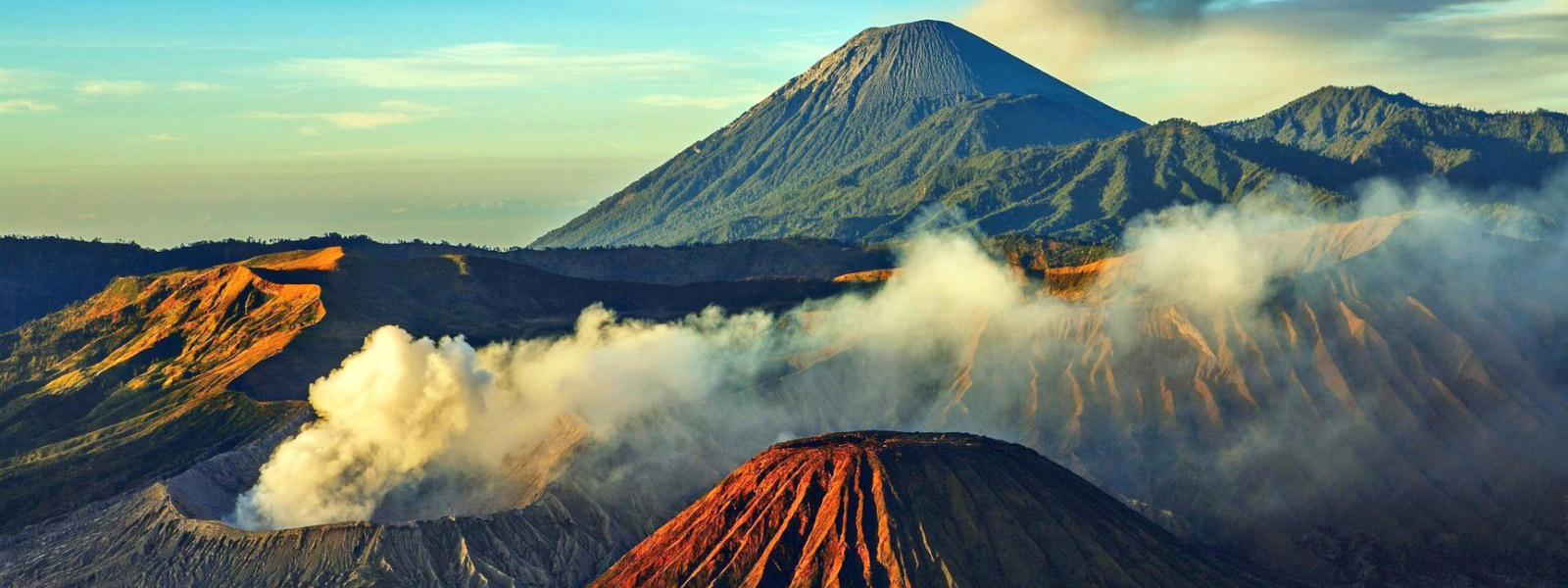Mount Meru Trekking

About Mount Meru
Mount Meru is a serious three to four-day trek and although it is often used as a practice run by those hoping to summit Kilimanjaro, the smaller mountain is actually the more technical. A guide is mandatory on every trek and there is only one official route up to the summit. The route is well marked with huts along the way offering simple, comfortable beds. Unofficial routes on the west and northern sides of the mountain are illegal. Acclimatization is important, and while you won’t need oxygen, spending at least a few days at altitude before attempting the climb is highly recommended. Mount Meru is an active volcano with a height of 4566 m, located in Arusha National Park in Tanzania.
The best time to trek Mount Meru
The best time to trek Mount Meru is during one of the dry season (June to October or December to February). If you’re considering a Mount Meru trekking tour during November or December you should expect occasional rains during these months. For the best views of the snow-capped rooftop of Africa, Mount Kilimanjaro, we recommend planning your Meru trek for January.
Equipment required for trekking Mount Meru
The following are some essential equipment to bring for hiking Mount Meru: Thermal base layers, light trekking long pants and shirts, lightweight fleeces, thicker fleeces, water/windproof outer shells (top and bottom), gloves, buffs and beanies, sleeping bags.
Kim'zebra Adventures and safaris provisions
When we are organizing your trip to Mount Meru, the following are the mandatory inclusive in your tour package booked with us. All transfers to the mountain and back to your Moshi or Arusha hotel, Professional, experienced, and friendly mountain guides who speaks English, Medical evacuation with Kilimanjaro Search and Rescue, Flying Doctors, 2 night and accommodations-one before and after the trek in good hotels, Guides, Porters, Cooker and park fees, Pulse-oximeter – To measure the oxygen level, for each climber daily, Portable Emergency Oxygen tanks, Quality, waterproof, four-season private mountain sleeping tents, Sleeping Mattress, All meals while on the Mountain, Quality Mess tents with table and chairs, Clean and purified drinking water, Conservation fees (part of park fees), Camping or Hut fees (part of park fees), Rescue fees (part of park fees), Arrival and Departure transfers, All Government Tax and Park Entrance Fees. We request the client to bring the followings: Personal trekking equipment such as sleeping bags, hiking boots, clothes, etc (available for renting)
Accommodation in Arusha City
V I P Accommodation: Gran Melia Hotel Arusha / Hamerkop House by Lemala or Similar Accommodation.
Superior Accommodation: Gran Melia Hotel Arusha / Hamerkop House by Lemala / Arusha Coffee lodge by Elewana or Similar Accommodation.
Luxury Accommodation: Mount Meru Hotel / Lake Duluti Serena Hotel / Four Point by Sheraton / Arusha Coffee lodge by Elewana or Similar Accommodation.
Mid-Range Accommodation: Fune Retreat Resort / The Africa tulip Hotel / Sg Hotel & Spa / Kibo Palace Hotel / A1 Hotel and Resort or Similar Accommodation.
Standard Accommodation: Arusha Planet Lodge / Gold Crest Hotel / Tulia Retreat Hotel & Spa / Kahawa House / Mvuli Hotels / Zawadi House lodge or Similar Accommodation.
Budget Accommodation: Green Mountain Hotel / Marves Hotel / The Lodge Tellamande / Silver Palm Hotel / Premier Palace Hotel or Similar Accommodation.
Basic II Accommodation: The Charity Hotel / Africana Grand Hotel / Natron Palace Hotel / Graceland Hotel / City Link Hotel or Similar Accommodation.
Basic I Accommodation: Way Side Hotel / The White House of Tanzania (Hostel) / Arusha Backpackers Hotel / Arusha Safari Hostel / Mid Way Hotel or Similar Accommodation.